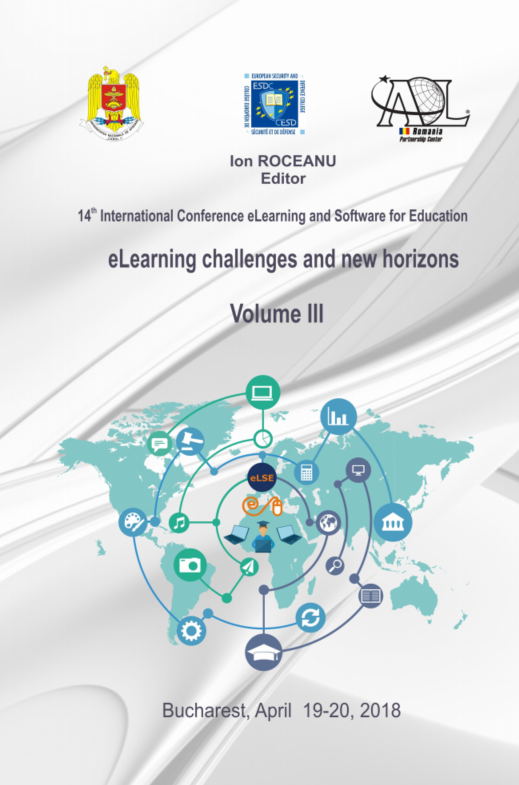Qualitative Study to Identify Key Factors Affecting Student Perception Toward the Use of E-Learning in a Technical University
Qualitative Study to Identify Key Factors Affecting Student Perception Toward the Use of E-Learning in a Technical University
Author(s): Bogdan Rusu, Mihaela Brînduşa TudoseSubject(s): Social Sciences, Education
Published by: Carol I National Defence University Publishing House
Keywords: Higher Education; E-learning; Student perception; Interviews; Technical University;
Summary/Abstract: Educational systems have to adapt to latest IT development and student's behavior regarding internet usage, as beyond traditional education the "virtual environment" provides excellent opportunities for both teaching and learning. Such opportunities cannot be ignored by universities as learning also enters the globalized market. Therefore, an ever-increasing number of students are ready to acquire competences and abilities for a globalized work market. The aim of this exploratory research is to investigate students' perceptions towards their readiness to access and use e-learning technologies in order to become experts in their profession. Empirical research consists of in depth interviews with students from a Technical University in Romania that engaged in an improvement of the learning process through the use of e-learning platform (such as Moodle). Based on e-learning operational definition an interview guide was developed. Formal in-depth interviews were performed by students that received special training to reduce bias and enable more sincere opinions from respondents as compared with an academic-lead interview. The interviews were recorded, transcribed and analyzed in order to identify the key factors that influence student's perception regarding the use of e-learning as well as the main advantages and disadvantages as perceived by the students. Data collections based on a convenient sample. In order to ensure sample representativeness students were recruited to belong to five distinct groups: Those that have high grades and receive bursary (merit), those with good grades but just below the bursary threshold (up to one point below), students with poor academic performance and no bursary, those that work (part-time or full time) and those that never worked. Analysis of interviews transcript revealed the key factors that influence student perceptions regarding the use of e-learning as well as the main advantages and disadvantages as perceived by the students. Such results are valuable and may be used by the University and Faculty management as a real support to design an adequate strategy to enhance the benefits of using virtual learning environments and represents the bases for a new quantitative study regarding students' perceptions of e-learning.
Journal: Conference proceedings of »eLearning and Software for Education« (eLSE)
- Issue Year: 14/2018
- Issue No: 03
- Page Range: 096-103
- Page Count: 8
- Language: English

